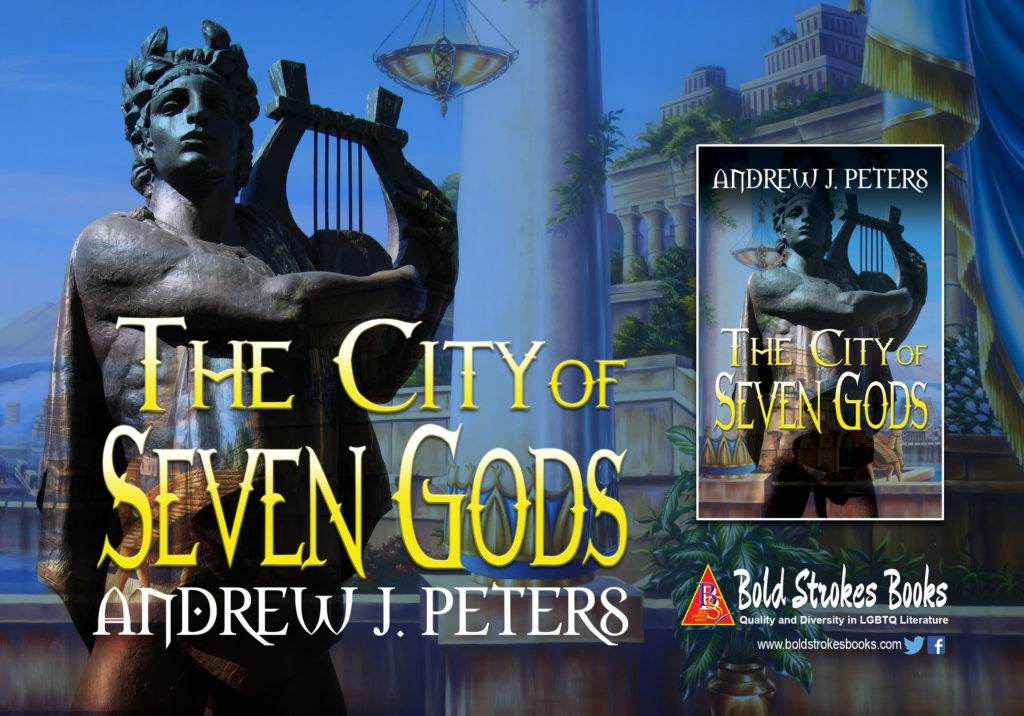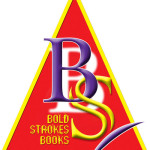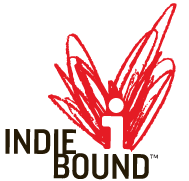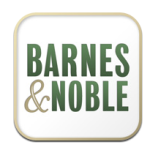
It’s been a long time since I tried my hand at poetry, possibly for good reason. My feelings about poetry are similar to my feelings about dancing. I have tremendous admiration for those who can do it, but its artfulness always seems to be out of my grasp. Just ask the few people who have witnessed me dance. The problem is not merely a lack of rhythm, though that’s definitely apparent. It’s also a lack of confidence with my own body, which leads to a stunted sort of bouncing around, shoulder shrugging, and an occasional loss of balance.
Alcohol helps a little. So I’ve been told.
The last time I enjoyed writing poetry was all the way back in eighth grade. That was when I had the opportunity to take my first creative writing class. When we got to the poetry unit, I recall that most of us were skeptical. In my middle-class, suburban junior high, back in the 1980s, poetry was not cool. It was sappy, or pretentious, something that depressed, lovesick girls did in their depressing diaries. Well, to be fair, I kept a depressing diary. But I didn’t write poetry in it, and I certainly would never share my feelings with the world. Besides, I hardly related to the male poets that we read: Robert Frost, John Donne, William Butler Yeats. First of all, they had things to say that were much more profound than anything I could come up with. Second, the way they said those profound things was much too elegant and clever for my feeble brain.
I dreaded having to write poetry myself and figured I would just fake it. Until we read poems by e.e. cummings, and I saw that poetry could be funny. I suddenly became a prolific poet.
Sometimes I wish like mad I had held onto my work from back then. I’m sure I would get a good laugh over how juvenile it was, however appropriate for my age at the time, but I also remember reveling in the creation of the absurd, and inventing parodies of “high brow” poetry. My teacher totally encouraged my insipid verse, maybe in surrender to my refusal to write anything else, maybe taking a broad view of creative expression. He was a pretty cool guy. In any case, I discovered I really did like poetry. That year, I looked forward to creative writing class every day. It became a place where, unexpectedly enough, I could be myself.
Nowadays, I practically never indulge in writing humorous poetry (though perhaps I should). I’m still intidimated by poetry generally, but I recognize that it’s important for me to read and write, both to better understand the world and to improve my prose. I don’t ever think I’ll be accused of being an especially stylish or lyrical writer, but poetry helps me to appreciate the flow and rhythm and imagery of writing. From time to time, I do it as an exercise, with nearly the same foot-dragging aversion of going to the gym. Like I said above, it’s been a long time, but you can see some of my past poetry here, and here, and here, and here, and here from the early days of my blog.
I’m working on the sequel to The City of Seven Gods, which is part of what I’m calling The Lost Histories series. In the New Year’s spirit — let’s do more things that are good for us — I refound some motivation to give poetry another try. Thus, I bring you a poetic companion piece to the series, which I wrote, trying to inhabit the mood and origins of the story.
Before Greek titans tramped the earth,
And Gilgamesh slayed mighty Humbaba,
‘Ere Atum sneezed, bringing forth his god-children,
And the heavenly war arose for dominion over Babylon,
Yes, certainly before a god made man from clay,
And plucked his rib to fashion woman as his companion,
There were battles and love affairs and tragedies,
To drown multitudes in the deepest canyon.
What did the Egyptians know?
Or Herodotus who thought he had learned so much?
They were as green as spring,
Their continents the burial ground for the masses who came before,
Once clashing and laughing and bragging and whimpering,
As though no other generation would ever know joy and strife,
They are silent now as the desert dunes,
Tears dried brittle on the sand, long ago swept away by the wind.
Yet do not doubt: They lived,
Gods who were no more than men,
Men who accomplished feats befitting gods,
Most wanting only to be known as daughter, son, or lover,
Think now,
Remember.
They are the song you hear in your sleep,
Hold onto it before it disappears in the shock of day.





